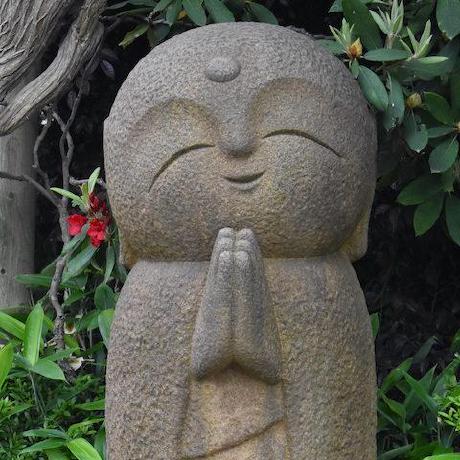On Learning and Mastery
This week I read about Mastery by Robert Greene and listened to Luogic TalkShow 83: How to Become a Master. It is interesting to see how they approach a similar topic from two different angles.
Luo in Luogic talk show admitted from the beginning that the video is an advertisetment of its mobile app channel. First he covered being a master is not just about keep on repeating a certain process or procedure, but it is about Deliberate Practice. One would disconstruct the steps needed to complete a certain tasks, and then practice on each of these steps. In sport, this exercise is called drill. In a drill one only focuses on practicing a particular aspect of the whole endeavor. In fact, I recalled this similar subject is also covered in The Art of Learning by Josh Waitzkin. Waitzkin said his teacher would ask him to practice playing with just a king and pawn piece to throughly understand the limit of what both pieces could do together on a board (it turns out a king and a pawn can be quite powerful in chess endgames). It is this kind of dissecting the whole endeavor into small steps, drilling in each steps to throughly understand them, and finally putting them together that one can finally perform the endeavor in a master fashion. During this process, don't forget the element of diligence. Yes, one still need repetition, but it is repetition with full awareness. When a practice is performed over and over again, one would easily drift to an auto-pilot mode, when you would perform the action without paying much attentions. But not for those to be a master. They would perform every steps conciously using all their five senses and attentions, so they can imprint how to do a certain task deeply into the brain. Engaging with all senses and attention will also cultivate the intuition that you know sometimes something "feel not right". Because it is likely one of the senses or some environmental signals that you accept is contradicting to what you had perceived in the past when you performed them. Master to-be would also reflect and self-critique on where it could be improve upon, and repeat the practice. This become an iterative improvement cycle, and this will slowly imprint in your brain and new neurons are formed. When a Japanese swordman swings a sword 1000 times, it is not just swinging a sword mindlessly, but he is swinging a sword with attention and full awareness.
The second point Luo got into was about going away from your "comfort zone" to the "learning zone". There is a comfort zone that you believe you know most of the thing. Then way out from the zone is the "horror zone", where you know nothing about and you would feel horrified when you are in that zone. In between these two zone is the "learning zone". It is where you still have some familiarity on what you know, but at the same time you know there are things you don't know and need to learn. Luo argues that this is the best zone to learn. Your brain will get excited and fire up by the unknown, and your learning progress would be substantially accelerated in this zone.
Of course, Luo also covered about getting real-time feedback about your work. In fact, building such feedback mechanism need a deliberate way of cultivating your own environment. Maybe one needs to find a teacher and presenting his work to get critique in a timely fashion, regularly. Maybe one needs to join a community and finds peers who have the same objective as you and could perform peer-review to each others. In the modern day, probably one can use AI companion to give critique on the work as well 😄. By getting feedback, studying through them, and deliberately improve on those aspects, one is on the journey to becoming a master.
In my next writing, I should write more on Robert Greene Mastery.
